Promote investment
The move by the HCM City Institute of Natural Resources and Environmental Economics (IEER) aims to ensure the stability of the legal system and facilitate the development of the private economy. IEER believes that not retroactively applying sub-law documents will contribute to promoting investment in HCM City.
According to Dr. Pham Viet Thuan, Director of IEER, many inspections and checks have taken place recently; in addition to the amendment and supplementation of sub-law documents.
Specifically, the Ministry of Finance is drafting amendments to Decree 103/2024/ND-CP on land use fees and land rent, proposing to collect an additional 5.4%/year while waiting for land price determination for projects that have land allocation decisions.
The Government Inspectorate also made many conclusions related to land use fees, including a request to review and collect land price differences due to applying the direct comparison method instead of the surplus method according to the 2013 Land Law.
Some real estate projects have completed 100% of their financial obligations and transferred them to individuals to build houses for more than 10 years, but are still being recommended for collection.

IEER believes that not retroactively applying sub-law documents will contribute to promoting investment in Ho Chi Minh City.
Land valuation methods
Meanwhile, the 2013 Land Law and Circular 36/2014/TT-BTNMT stipulate five methods of land valuation, including direct comparison, deduction, income, surplus and adjustment coefficient.
The direct comparison method is widely applied because it is suitable for the land price framework and controls market prices. Up to now, the Land Law 2024 has removed the land price framework, and Decree 71/2024/ND-CP only retains 4 methods, prioritizing the surplus method for real estate projects, creating a big change compared to before.
Given this situation, IEER recommends not retroactively applying land use rights to decisions issued by provincial agencies, especially valuation reports under Circular 36, for projects that have completed financial obligations before August 1, 2024 (when the 2024 Land Law takes effect). This helps maintain the stability of the legal system, avoid disruption, protect the legitimate rights of investors and businesses, thereby promoting the goal of private economic development.
For cases where land use fees have not been paid after the 2024 Land Law takes effect or there is a decision from the prosecution agency requesting collection, the implementation will comply with the new provisions of the law.
Source: https://nld.com.vn/kien-nghi-khong-hoi-to-dat-dai-voi-cac-quyet-dinh-duoc-co-quan-cap-tinh-ban-hanh-196250709162156176.htm





![[Photo] Impressive display booths of provinces and cities at the Exhibition 80 years of the Journey of Independence - Freedom - Happiness](https://vphoto.vietnam.vn/thumb/1200x675/vietnam/resource/IMAGE/2025/9/7/cd63e24d8ef7414dbf2194ab1af337ed)


![[Photo] Prime Minister Pham Minh Chinh attends the 80th anniversary of the founding of Voice of Vietnam Radio Station](https://vphoto.vietnam.vn/thumb/1200x675/vietnam/resource/IMAGE/2025/9/7/abdcaa3d5d7f471abbe3ab22e5a35ec9)


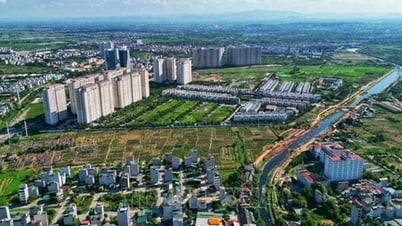




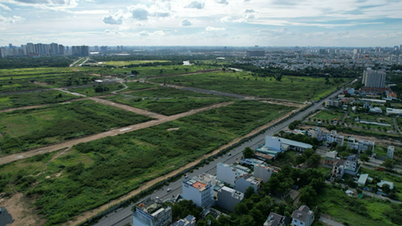
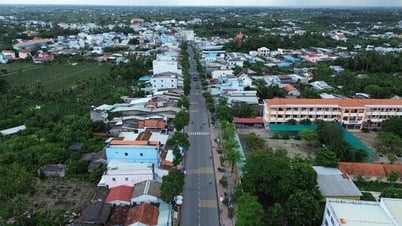



















![[Photo] General Secretary To Lam attends the 55th anniversary of the first television program broadcast](https://vphoto.vietnam.vn/thumb/1200x675/vietnam/resource/IMAGE/2025/9/7/8b8bd4844b84459db41f6192ceb6dfdd)

















![[Highlight] VIMC's mark at the National Achievement Exhibition](https://vphoto.vietnam.vn/thumb/402x226/vietnam/resource/IMAGE/2025/9/7/932133a54d8b4becad48ef4f082f3eea)






![[COMING UP] Workshop: Resolving concerns for Business Households about eliminating lump-sum tax](https://vphoto.vietnam.vn/thumb/402x226/vietnam/resource/IMAGE/2025/9/7/5627bb2d0c3349f2bf26accd8ca6dbc2)











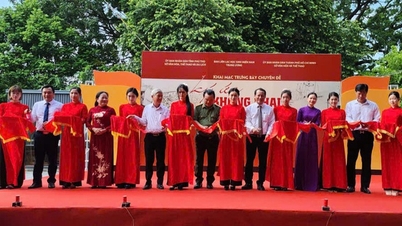


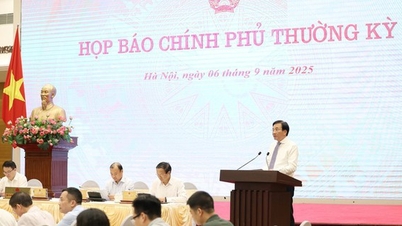















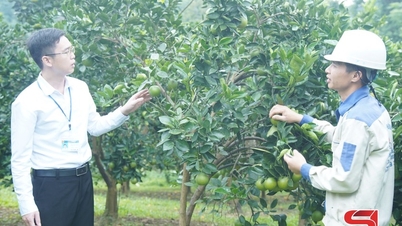








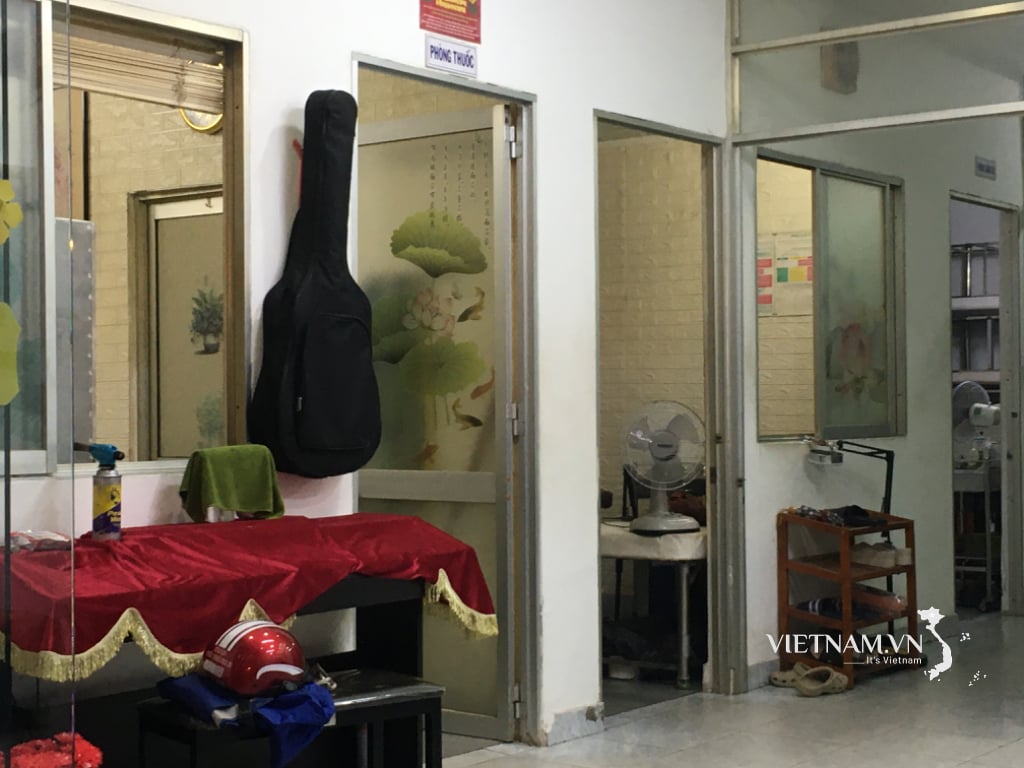

Comment (0)